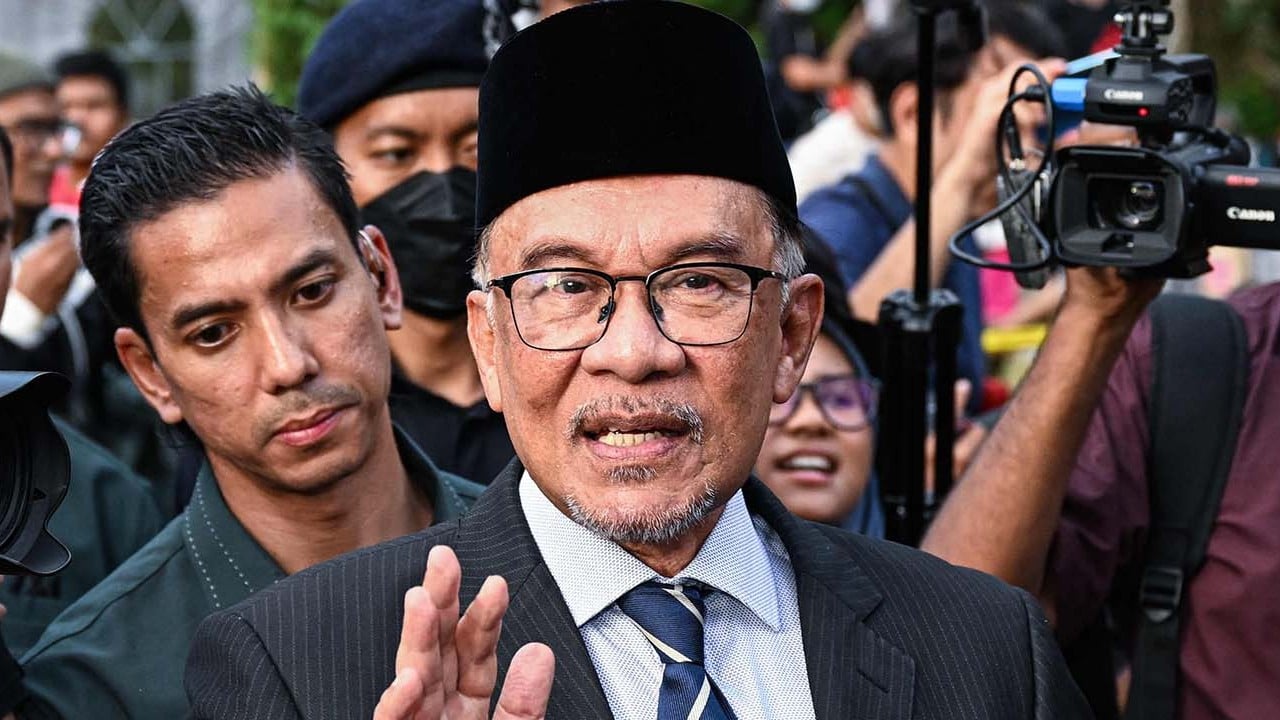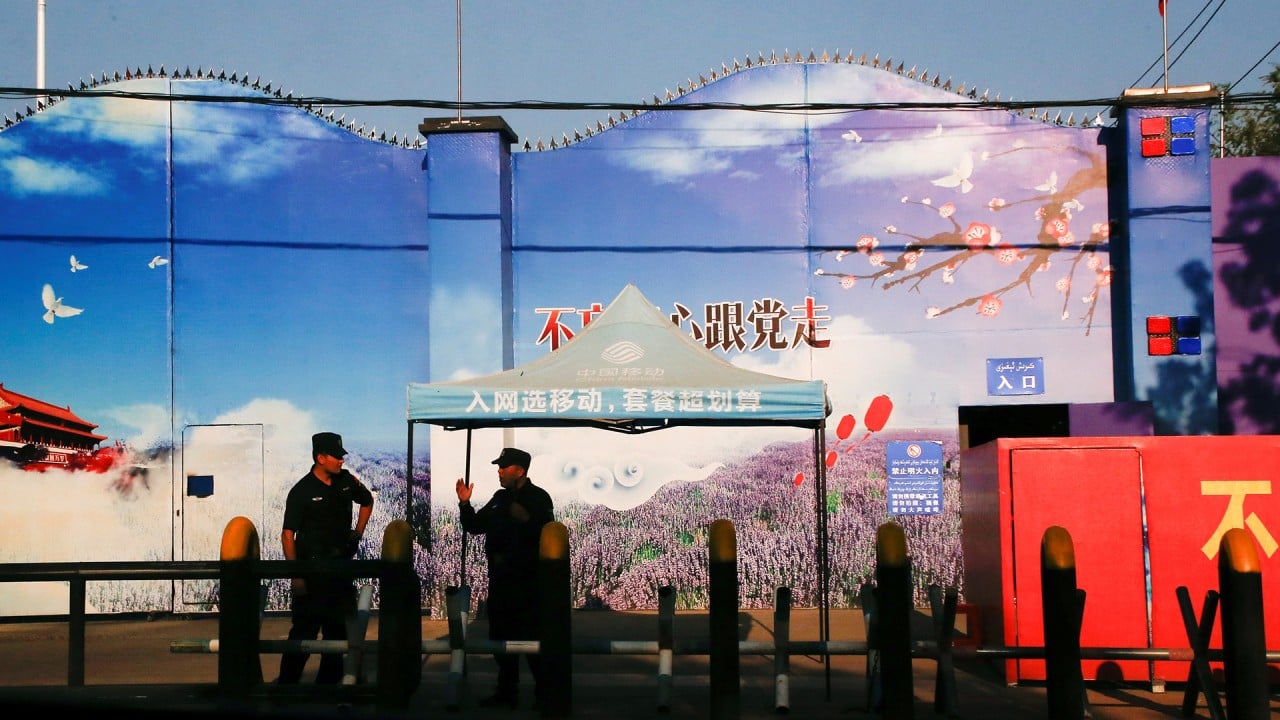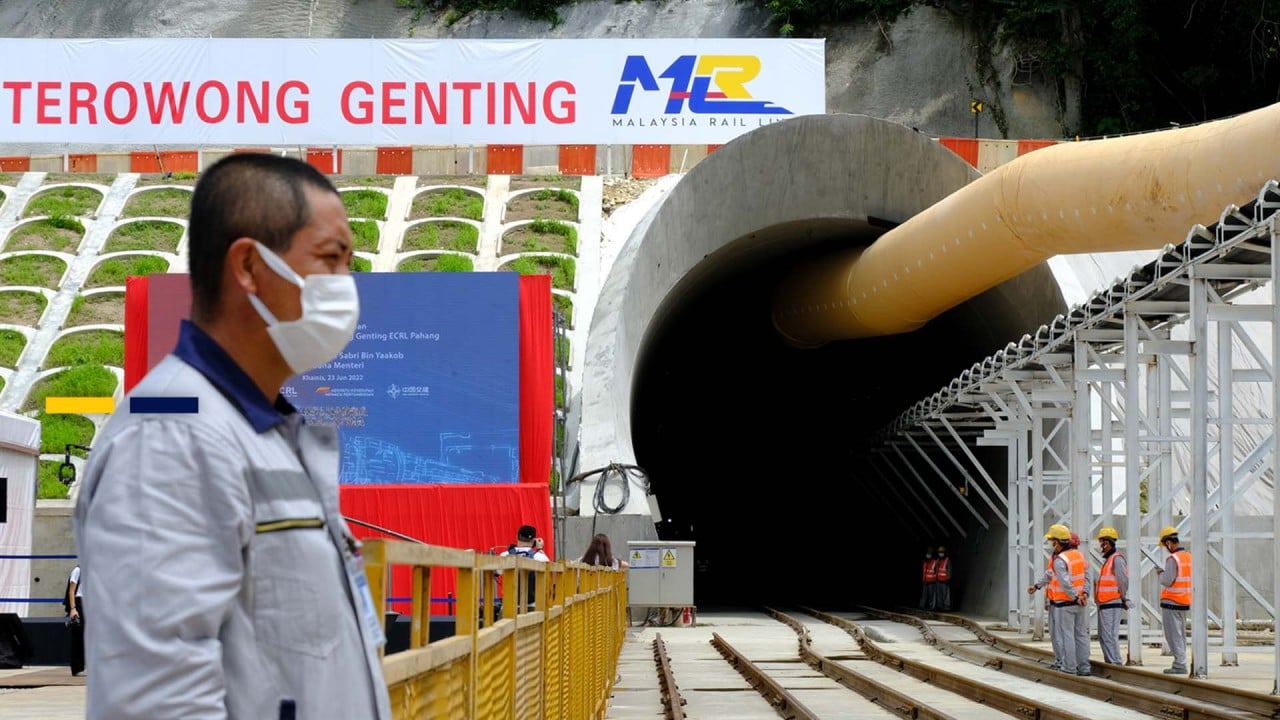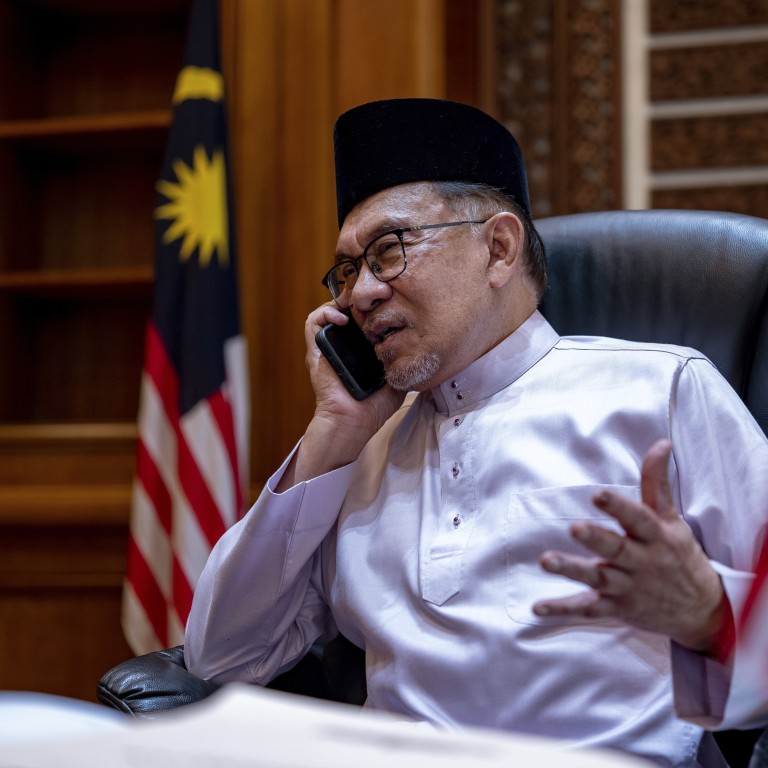
Malaysia’s China policy to stay on even keel under Anwar Ibrahim with economy main focus, analysts say
- Anwar Ibrahim, Malaysia’s new prime minister, is sometimes seen as ‘pro-West’ and has raised concerns in the past about China’s Xinjiang policy
- Previous criticism unlikely to trigger ‘a point of conflict’, observers say, with China ties expected to continue ‘predictable trajectory’
Anwar is known for his good ties with US politicians and is sometimes seen as “pro-West”. US Secretary of State Anthony Blinken congratulated him on Thursday, saying Washington looked forward to deepening cooperation with Malaysia and working together to achieve a “free and open” Indo-Pacific.
However, there has been speculation about how Anwar might approach ties with Beijing, given that he had expressed concerns over Uygur issues in Xinjiang in the past.
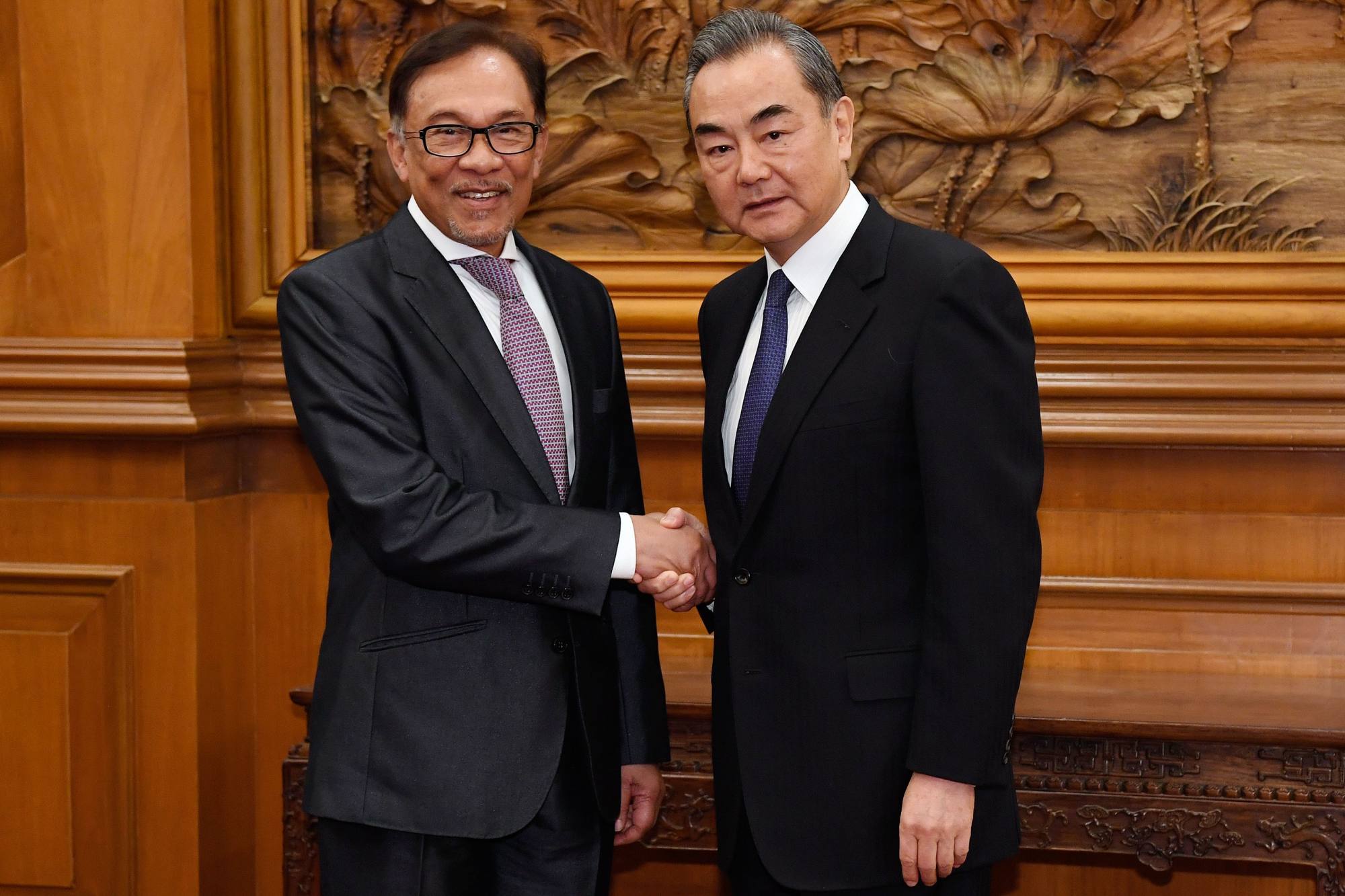
However, Zhu does not see Anwar’s previous criticism of Xinjiang policy as leading to “a point of conflict”.
Zha Daojiong, an international relations professor and specialist in China-Southeast Asia relations at Peking University, said he did not see major changes in Malaysia’s China policy under Anwar, as the country has always maintained its independence on foreign policy.
“The China-Malaysia relationship has been proceeding on a predictable trajectory since the mid-1970s. That predictability is seldom conditioned upon a change of leadership in Malaysia,” he said.
Malaysian PM Anwar says tackling high living costs top priority
Zhang Mingliang, a Southeast Asia expert at Jinan University, also said “stability and continuity” in Malaysia’s China policy would not be affected under Anwar, who was likely to continue in the tradition of the United Malays National Organisation (Umno), Malaysia’s oldest national political party whose leaders served as prime minister from 1957 to 2018 and which backed Anwar for the top job.
Tensions have also increased in the South China Sea, where both countries hold overlapping sovereignty claims.
Chinese and Malaysian vessels were engaged in a months-long stand-off after Malaysia’s oil drilling ship sailed into what China calls its historical “nine-dash” line to claim ownership over much of the resource-rich waterway.
China harassing Malaysian oil and gas vessels on ‘daily’ basis: US think tank
Zhang said US-Malaysia maritime security cooperation, which has increased over the past decade, would continue under Anwar but remain “low-key” as it has been under the previous administrations – a stance that is acceptable to China.
“Malaysia on one hand is strengthening security cooperation with the United States, with its coastguard and navy. On the other hand, it will openly echo China’s criticism on extra-regional great powers who disrupt regional peace,” he said.
“This approach is more acceptable to China.”

 - Kawala Xie.jpg?itok=NogZcyZ-&v=1661304068)

